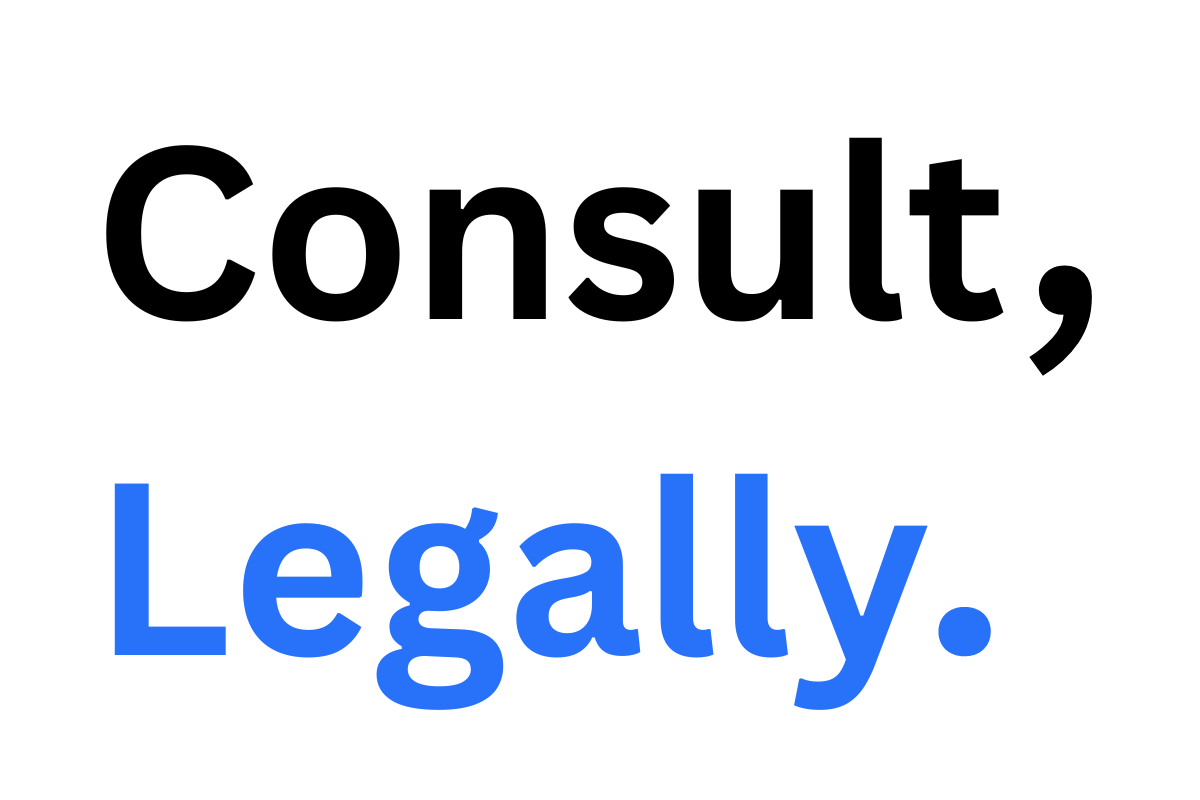Buying a new car or any big-ticket product is often a moment of excitement. Unfortunately, sometimes that excitement is short-lived if the product turns out to be faulty or defective — a so-called “lemon.” When this happens with cars, it can mean frequent repairs, mounting expenses, and endless frustration. This is where lemon laws come into play. Lemon laws are consumer protection laws in the United States that provide legal options for consumers who have purchased faulty or defective vehicles, aiming to safeguard their rights and ensure that they don’t get stuck with a vehicle that fails to meet basic quality and safety standards.
This article provides a thorough understanding of lemon laws, covering what they are, how they work, the different aspects involved, and when a consumer might need legal assistance.
Definition of Lemon Law
In the simplest terms, a lemon law is a regulation designed to protect consumers who have purchased defective vehicles. These laws require manufacturers to replace or refund a vehicle that cannot be repaired after a reasonable number of attempts. Lemon laws vary by state, but they generally cover vehicles with substantial defects that impact their value, safety, or usability and that appear within a certain time period after purchase.
A vehicle is considered a “lemon” if it has repeated issues or defects that significantly hinder its intended function, safety, or value. While lemon laws originally focused on new cars, some states now also cover used vehicles, motorcycles, and recreational vehicles (RVs).
Key Components of Lemon Laws
Each state has its own version of lemon laws, so requirements and remedies may vary. However, certain key components are commonly found across different state statutes:
Covered Defects
Lemon laws only cover significant or substantial defects. These might include problems that affect the vehicle’s safety, such as brake or steering malfunctions, or issues that prevent the vehicle from operating as it should, like persistent engine problems. Normal wear and tear or minor cosmetic issues usually do not qualify under lemon laws.
Warranty Term
The defects generally must arise within the vehicle’s warranty period. This period can vary by state but often aligns with the manufacturer’s original warranty or a set timeframe or mileage limit (e.g., 18 months or 18,000 miles).
Reasonable Repair Attempts
Lemon laws usually require that the manufacturer or dealer be given a fair number of repair attempts to resolve the issue. Typically, this means at least three or four attempts for standard defects and fewer attempts for serious safety-related issues. If the vehicle remains defective after these repair attempts, it may qualify as a lemon.
Documentation Requirements
To make a successful lemon law claim, the consumer must keep records of each repair attempt, including receipts, service records, and any communication with the dealer or manufacturer. Proper documentation strengthens a consumer’s case.
Filing Procedures
Each state has specific filing procedures for a lemon law claim, which may require notifying the manufacturer, dealership, or a designated state agency before taking further action.
Burden of Proof
In lemon law cases, the consumer often needs to prove that the defect exists and that it was not adequately repaired within the allowed number of attempts. However, in some states, the manufacturer might be required to show that the vehicle does not qualify as a lemon.
Available Remedies
If a vehicle is deemed a lemon, the consumer may be eligible for a refund, a replacement vehicle of equal value, or a cash settlement, depending on the state’s lemon law.
Time Limits
Most states have a time limit for filing a lemon law claim, often one year from the expiration of the lemon law period.
The Magnuson-Moss Warranty Act
The Magnuson-Moss Warranty Act is a federal law that provides additional protection for consumers who purchase defective products, including vehicles. Enacted in 1975, this law ensures that manufacturers honor warranties for their products. It prevents manufacturers from voiding warranties if aftermarket parts are used and prohibits disclaimers of implied warranties when selling a new vehicle.
The Magnuson-Moss Act also includes a fee-shifting provision. This provision allows consumers to hire an attorney for a lemon law case without incurring significant legal costs, as the manufacturer may be required to cover the consumer’s attorney fees if the case is successful.
This federal law is especially helpful in cases where a state’s lemon law does not cover a specific product, such as a used vehicle or a product without a manufacturer’s warranty. The Magnuson-Moss Act complements state lemon laws, providing a broader safety net for consumers.
Examples of Lemon Law Cases
An example helps clarify how lemon laws apply. Suppose Ryan purchases a new car from a dealership, and shortly after, the car begins overheating, even on short trips. This issue is persistent and impacts the vehicle’s reliability and safety. Since engine overheating is a substantial defect, Ryan’s situation could potentially qualify as a lemon law case.
In Ryan’s case, the following criteria support his lemon law claim:
- Substantial Defect: Overheating is a major mechanical issue, impacting both safety and usability.
- Warranty Coverage: The problem occurs within the manufacturer’s warranty period.
- Repair Attempts: Ryan took the car to the dealership multiple times, but the issue wasn’t resolved.
If Ryan’s claim meets the state’s lemon law criteria, he may be entitled to a refund, a replacement vehicle, or a cash settlement.
When to Consult a Lemon Law Lawyer
The complexity of lemon law cases often makes legal guidance beneficial, especially since lemon laws vary widely across states. A lawyer can help consumers navigate state-specific procedures, requirements, and defenses used by manufacturers.
In states like California, Texas, and Florida, where there are many lemon law cases, some law firms specialize in these claims. These firms are experienced in handling breach of warranty and deceptive sales cases. For instance, the Texas Deceptive Trade Practices Act (DTPA) allows consumers to sue for additional damages if they were sold a product under false information or due to withheld details, which could result in triple damages.
The Importance of Documentation
One of the most critical aspects of a lemon law case is maintaining thorough documentation. Consumers should keep a detailed record of every repair attempt, including dates, repair descriptions, and receipts. This documentation serves as essential evidence to prove that the consumer allowed a fair number of repair attempts and that the vehicle’s defect remained unresolved.
Remedies Under Lemon Laws
If a vehicle is deemed a lemon, there are several potential remedies:
- Replacement Vehicle: Some lemon laws require the manufacturer to provide a replacement vehicle. This replacement must be identical to the original or of comparable value.
- Full Refund: Many states allow consumers to seek a full refund of the purchase price. This refund generally covers the cost of the vehicle, taxes, and any incidental expenses associated with the vehicle.
- Cash Settlement: In certain cases, a cash settlement may be negotiated between the consumer and manufacturer, allowing the consumer to keep the vehicle despite its defect.
Limitations and Exclusions
While lemon laws offer strong protections, they also have limitations. For example, most lemon laws do not cover normal wear and tear or cosmetic issues that do not impact the vehicle’s value, safety, or functionality. Additionally, some states exclude used vehicles or vehicles purchased “as-is” without a warranty.
How Lemon Laws Improve Product Quality
Lemon laws hold manufacturers accountable for the quality of their products, pushing them to improve production processes and quality control. By making it costly for manufacturers to ignore defects (through buybacks, replacements, or settlements), lemon laws encourage better standards and safer vehicles on the road. For automakers, the incentive to avoid lemon law claims serves as motivation to invest in higher-quality production and stricter quality assurance.
State Variations in Lemon Law
Each state has unique provisions, which means that lemon law eligibility and procedures can vary significantly:
- California Lemon Law: Covers new vehicles with significant defects that affect usability, safety, or value. California requires a reasonable number of repair attempts, often four or more, and the defect must occur within 18 months or 18,000 miles.
- Texas Lemon Law: Allows consumers to seek remedies if the vehicle has a substantial defect, including issues covered under the DTPA for deceptive practices. Texas has strict documentation requirements and mandates multiple repair attempts.
- Florida Lemon Law: Covers vehicles with substantial defects reported within 24 months of purchase. Consumers in Florida may need to provide a formal notice to the manufacturer before filing a lemon law claim.
Conclusion
Lemon laws serve as a critical form of consumer protection, allowing buyers of defective vehicles to seek remedies and hold manufacturers accountable. By requiring manufacturers to repair, replace, or refund faulty vehicles, these laws protect consumers from bearing the financial and safety risks associated with defective products. In cases where lemon laws do not apply directly, the Magnuson-Moss Warranty Act provides additional legal protection.
With the right documentation and awareness of state-specific requirements, consumers who purchase a lemon vehicle can often reach a satisfactory resolution. For those facing challenges in a lemon law claim, consulting an experienced attorney can provide valuable assistance in navigating the complexities of lemon law and securing the best possible outcome. Lemon laws ensure that consumers don’t end up stuck with a sour deal and play an essential role in promoting quality and accountability in the automotive industry.

